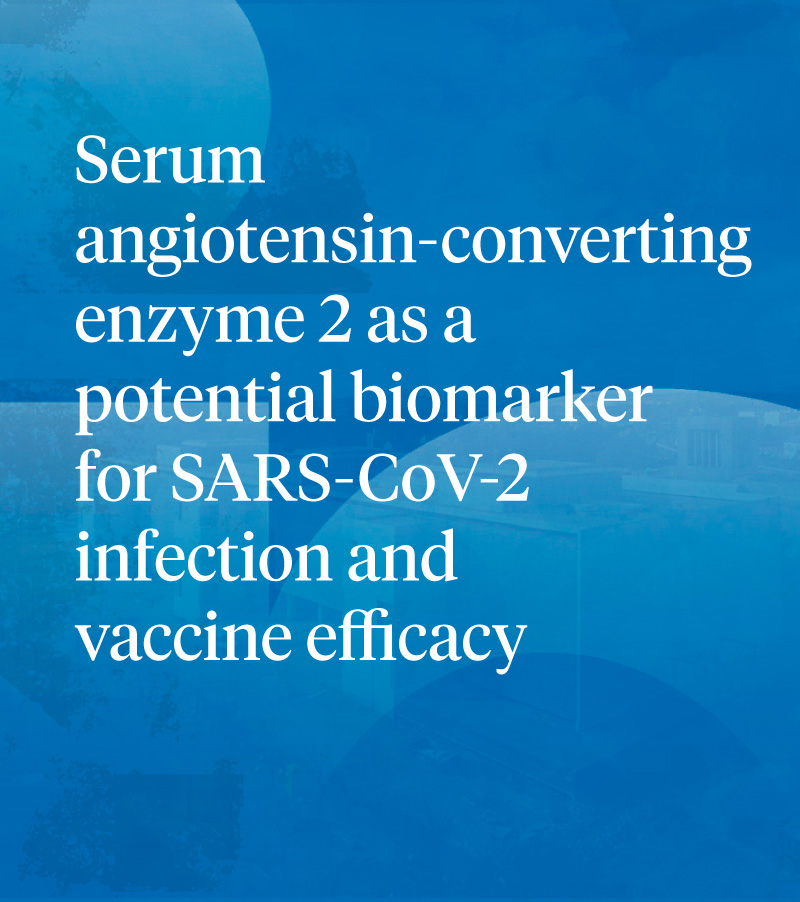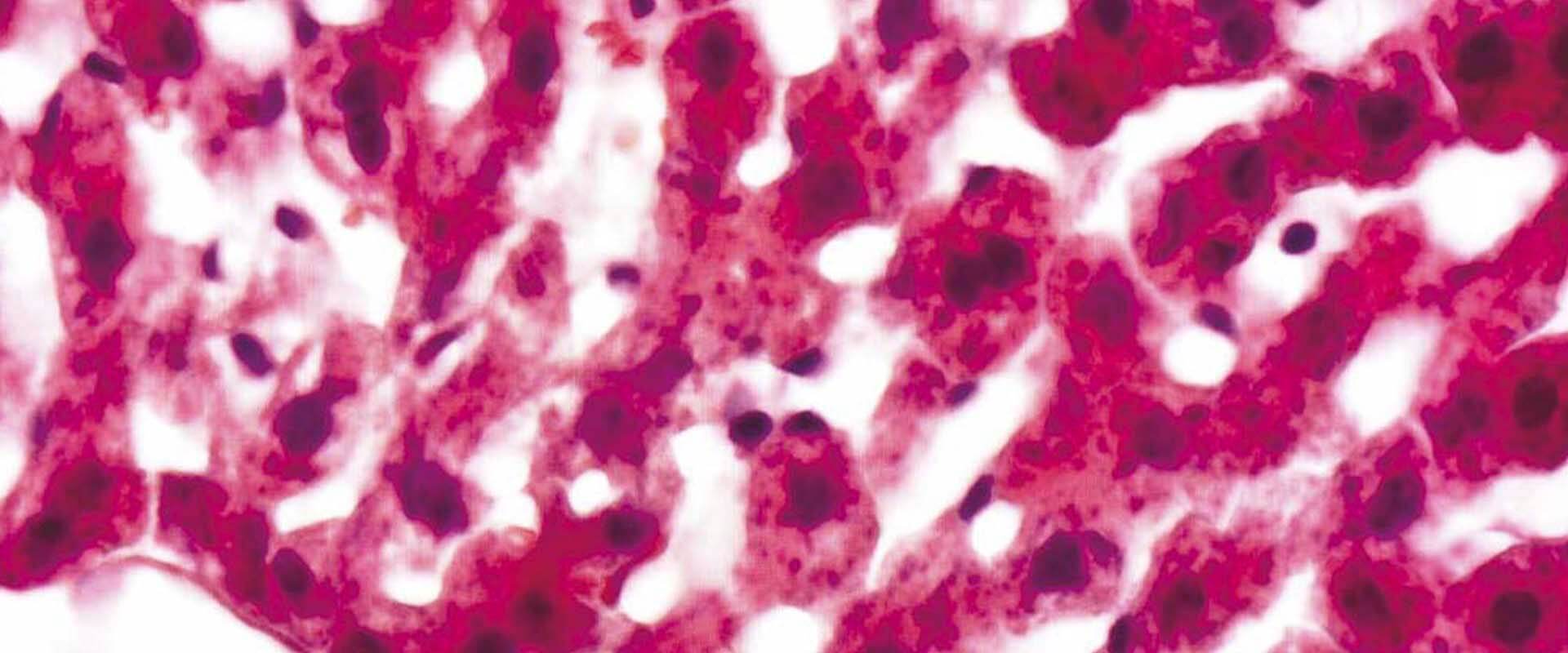Serum angiotensin-converting enzyme 2 as a potential biomarker for SARS-CoV-2 infection and vaccine efficacy.
Various species of the SARS-CoV-2 host cell receptor, the angiotensin-converting enzyme 2 (ACE2), are present in serum, which may result from virus entry and subsequent proteolytic processing of the membrane receptor. We have recently demonstrated changes of particular ACE2 species in virus infected humans, either cleaved fragments or circulating full-length species. Here, we further explore the potential of serum ACE2 as a biomarker to test SARS-CoV-2 infection and vaccine efficacy in virus susceptible transgenic K18-hACE2 mice expressing human ACE2. First, in serum samples derived from K18-hACE2 mice challenged with a lethal dose of SARS-CoV-2, we observed an increase in the levels of cleaved ACE2 fragment at day 2 post-challenge, which may represent the subsequent proteolytic processing through virus entry. These elevated levels were maintained until the death of the animals at day 6 post-challenge. The circulating full-length ACE2 form displayed a sizable peak at day 4, which declined at day 6 post-challenge. Noticeably, immunization with two doses of the MVA-CoV2-S vaccine candidate prevented ACE2 cleaved changes in serum of animals challenged with a lethal dose of SARS-CoV-2. The efficacy of the MVA-CoV2-S was extended to vaccinated mice after virus re-challenge. These findings highlight that ACE2 could be a potential serum biomarker for disease progression and vaccination against SARS-CoV-2.


 English
English
